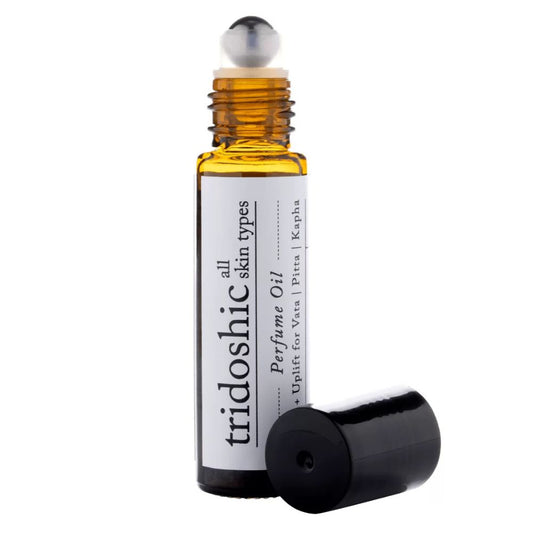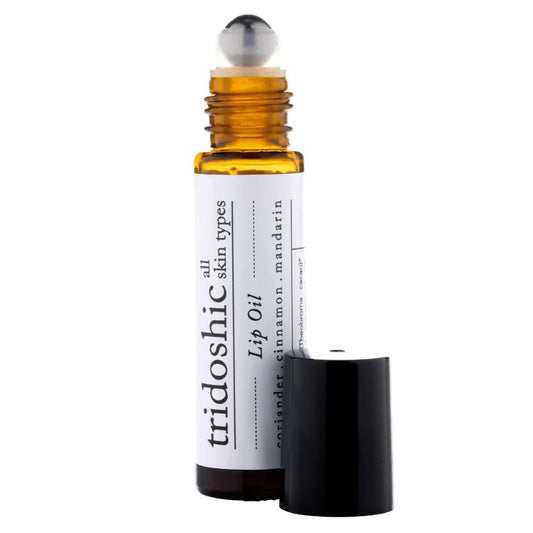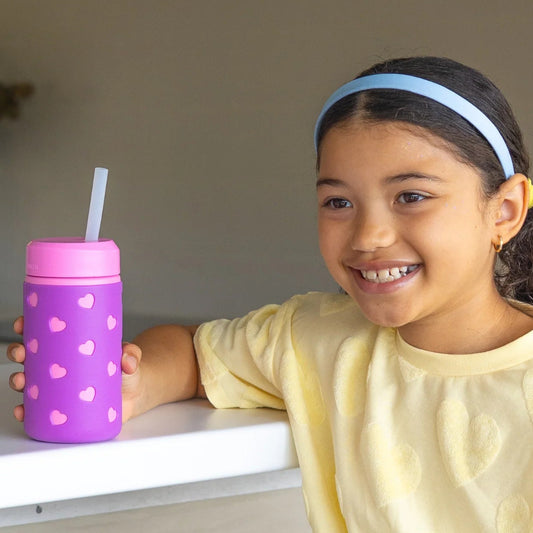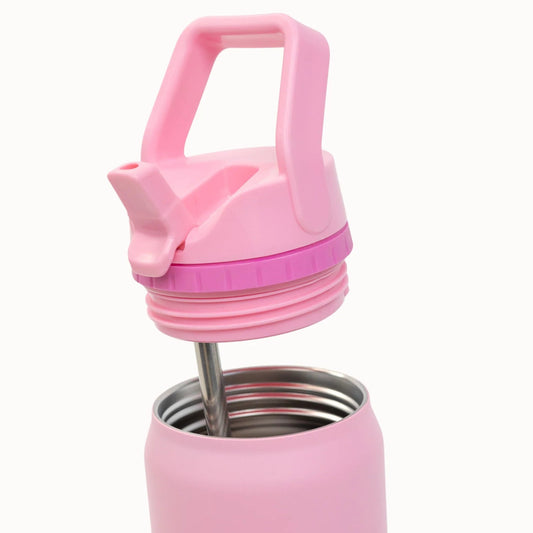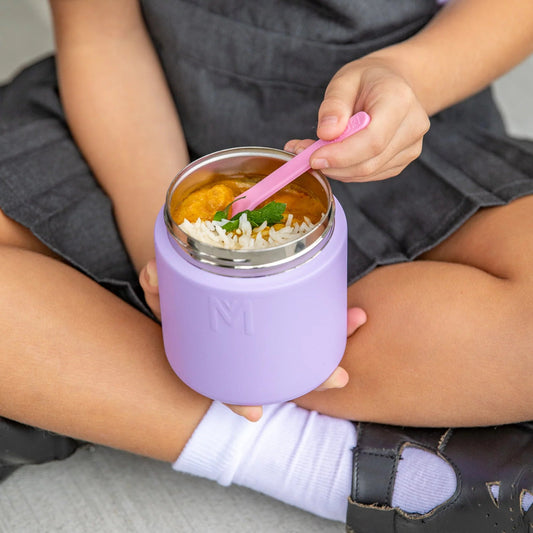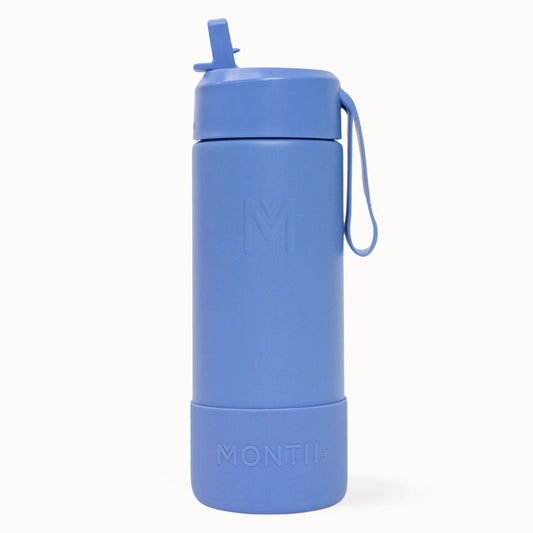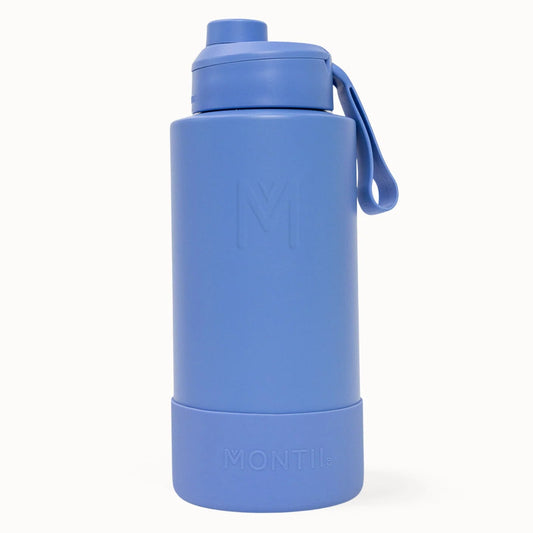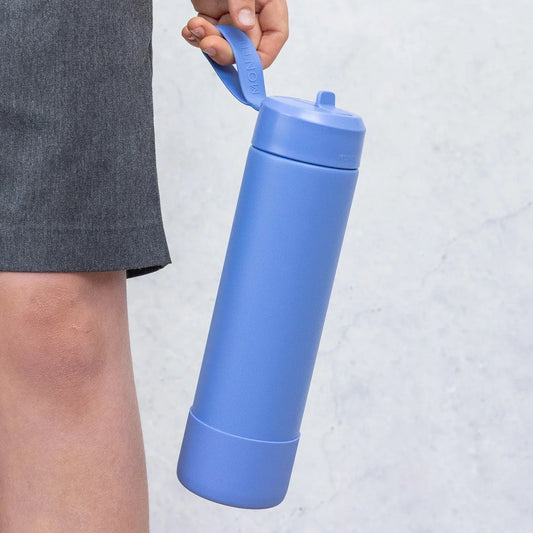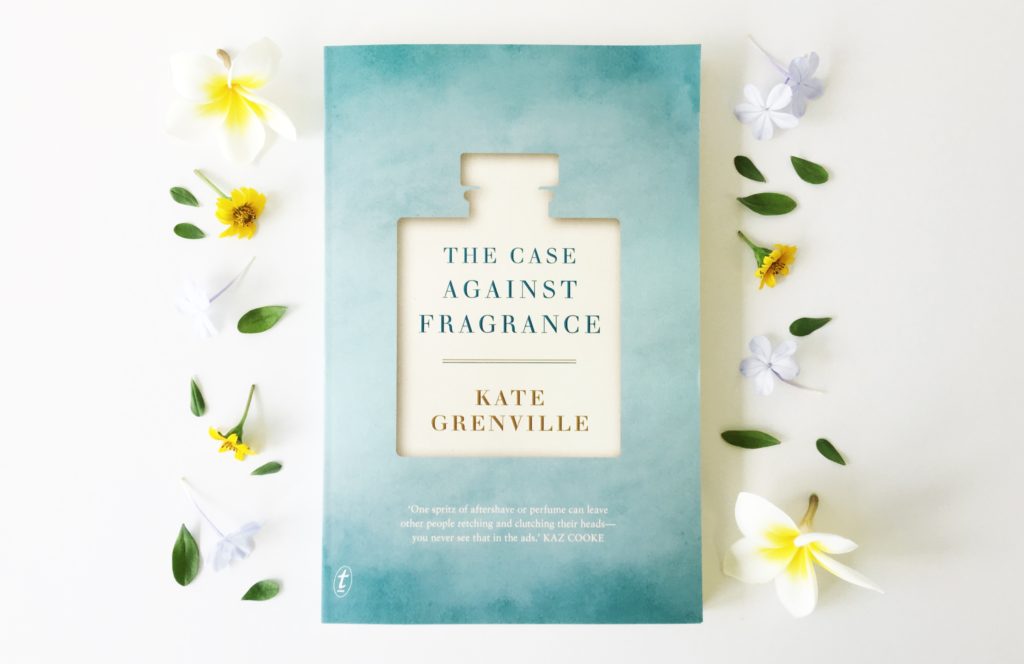 Workplaces, public transport, shopping centres are all now places where we expect to be free from enduring someone else's cigarette smoke. But what of breathing in a strong fragrance that aggravates your senses?
Workplaces, public transport, shopping centres are all now places where we expect to be free from enduring someone else's cigarette smoke. But what of breathing in a strong fragrance that aggravates your senses?
Acclaimed Australian author, Kate Grenville, (The Secret River) reveals in her carefully-researched book The Case Against Fragrance, that one third of the population report bad health effects from synthetic fragrance. The number affected could be even higher because that was only the people who realised that fragrance was the culprit for their headaches, asthma and allergies.
For those who do suffer from the effects, being forced to breathe in fragrance fumes from a co-worker or someone you are doing business with, is an unacceptable invasion of personal space.
Headaches, nausea, asthma, allergic reactions?
Kate Grenville had always associated perfume with elegance and beauty. Then the headaches started.
Kate reacted badly to the artificial fragrances around her: other people’s perfumes, scented cosmetics, cleaning products and air fresheners. On a book tour in 2015, dogged by ill health, she started wondering: what’s in fragrance? Who tests it for safety? What does it do to people?
The more Grenville investigated, the more she felt this was a story that should be told. The chemicals in fragrance can be linked not only to short-term problems like headaches and asthma, but to long-term ones like hormone disruption and cancer. Yet, products can be released onto the market without testing. They’re regulated only by the same people who make and sell them. And the ingredients don’t even have to be named on the label.
Even natural organic perfume can be irritating to some people.
Over saturation of fake fragrance
Fragrance was initially derived from flowers, captured in a precious glass bottle of scent and dabbed on sparingly. But post World War II, scientists found a way to synthesise the smells that was much cheaper than the natural version.
Today, about 95 percent of chemicals used in synthetic fragrances are derived from petroleum (crude oil). They include benzene derivatives (carcinogenic), aldehydes, toluene and many other known toxic chemicals.
Modern society is suffering from over-saturation of unnecessary artificial fragrance in almost everything we use, every day:
- toothpaste
- bin liners
- shampoo, hair spray
- sunscreen
- cosmetics
- soap
- perfume
- air fresheners
- dishwashing liquid and cleaning products
- face and body moisturisers
- deodorant
- nail polish
- laundry liquid, fabric softener, dryer sheets
- scented candles
At Kate's book launch in Brisbane, we learned that the self-regulated fragrance industry selects from a palette of some 4000 chemicals to concoct fragrances, and because the formulas are a 'trade secret' they are not required to disclose those ingredients.
Most of these thousands of synthetic chemicals have never been tested for their health impacts. Those that have been are assigned a 'safe dose' that is extrapolated from tests on rats and mice to apply to humans. However, that 'safe dose' is taken in isolation, not accounting for an accumulation effect as a person is exposed to more of those chemicals throughout the day. Some of these synthetic chemicals have even been linked to hormone disruption and cancer.
No regulation
Kate put forward that if the chemicals used in many domestic air fresheners were coming out of an industrial smoke stack they would be regulated, but once again what is used in the home is not.
'Big fragrance' as Kate calls the fragrance industry regulates itself. And it hides the cocktail of chemicals that make up a scent behind a catch-all ingredient "parfum" or "fragrance".
We're proud that Biome has been a leader in offering a "fragrance-free" workplace as specified on our recruitment policies, and our stores have a gentle, pleasant smell due to our strict standards to not stock any products containing synthetic fragrance or parfum. We were encouraged to hear that in the USA and Canada, "fragrance free" workplaces are becoming more common post a few landmark court decisions.
What's the solution for you?
Kate's solution is to be informed so that you can use your consumer power to avoid the hype and buy fragrance-free.
When choosing a body, cleaning or laundry product, Kate suggests choosing the simplest, most unmediated product that you can.
Switching to a natural solution can also help avoid plastic packaging.
Our handmade Banksia aroma pods coupled with essential oils are definitely our favourite solution for adding natural fragrance to your space. No flames or electricity required. Simply add a few drops of your favourite essential oil to the aroma pod and enjoy as the scent gently diffuses.
Read more about how you can fragrance your home naturally.
Every product offered at Biome is free from synthetic fragrance. We also offer products that are completely free from all fragrance, including essential oils, such as our fragrance free soaps for sensitive skin.
And you certainly won't find fragrance in our bin liners!
And here's a recipe for How to Make Your Own Natural Perfume Oil
Related reads
12 Truths About The Mystery Fragrance Ingredient
5 Reasons Biome is a Fake Fragrance Free Zone
Make Your Own Natural Perfume Oil





